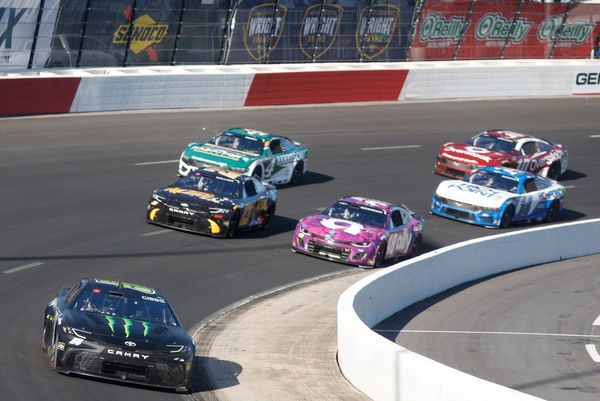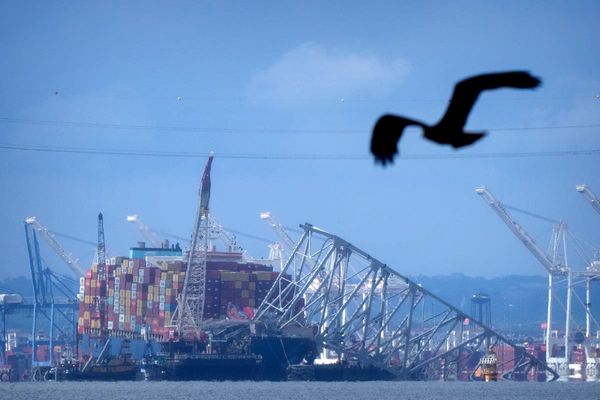
A critical recommendation to stop police investigating police is “unlikely” to be fulfilled by the 18-month deadline set out by an inquiry that heard evidence of racism, sexism and misogyny within the Queensland police service.
The commission of inquiry into police responses to domestic violence in 2022 unearthed shocking evidence including that QPS’s “broken” internal complaints system allowed discrimination to go unchecked.
The same year Guardian Australia published tapes taken at the Brisbane city police watch house that revealed officers joking about beating and burying Black people, referring to Nigerians as “jigaboos”, and raising fears that Australia “will be fucking taken over”.
The inquiry delivered more than 78 recommendations in November but ranked a police integrity unit as one of the “four highest-priority recommendations”.
The final report said a police integrity unit that investigates all complaints against officers should be established by May 2024 and sit inside the Crime and Corruption Commission (CCC).
But 14 months later, a spokesperson at the Office of the Independent Implementation Supervisor confirmed to Guardian Australia it was “unlikely” the government would meet its May deadline.
“It is the supervisor’s view that it is unlikely that the recommendations 68 to 73 will be delivered by May this year,” they told Guardian Australia.
The spokesperson confirmed that the supervisor, Cathy Taylor, “has not been [apprised] of the proposed role and responsibilities of the proposed police integrity unit” and noted “varying views” of how the unit should be designed.
The spokesperson said “further detailed work” would be conducted by a working group but its chair, members and terms of reference were still being developed.
Prof Tim Prenzler, who has 30 years’ experience researching police accountability issues, labelled the process of setting up the police integrity unit “confusing and concerning”.
“The core elements … are straightforward and very easy to put into practice. The case for reform was urgent and victims of police abuses needed to benefit from the new system as soon as possible,” he said.
“Thousands of people from inside and outside the police service have been denied procedural justice because of these unjustified delays.”
Guardian Australia revealed last year CCC hired external consultants to run high-level meetings and write a report considering possible models of the police integrity unit.
The CCC charged taxpayers $409,000 for the consultancy work and forked out $31,405 for the chair, Bruce Barbour, and the chief executive, Jen O’Farrell, to travel to Northern Ireland to learn about the country’s police oversight scheme.
Multiple attenders of an April meeting organised by CCC and the consultancy firm told Guardian Australia that the commission and QPS had expressed opposition to the model recommended by the inquiry, citing concerns about resourcing and government funding.
In estimates hearings last August, Barbour denied these reports and said CCC was “supportive” of the recommendations by the commission of inquiry to “significantly enhance police oversight”.
The Queensland government initially accepted all 78 recommendations from the inquiry “in principle”, but later said the police integrity unit would need further consideration.
Prenzler said the government needed to ensure the “spirit and the letter of the Richards recommendations are put into practice”.
“What’s important now is that the Implementation [Supervisor] urgently steps in to direct the CCC to properly establish the [police integrity unit],” he said.
“The first step is to appoint a chief executive – who should have been appointed in December 2022 – who understands the issues around police integrity and complaints, and really wants to do the job.
“We now have a second chance to fix the problem of police misconduct and ensure the democratic accountability of police in the state.”
In response to questions from Guardian Australia, the premier’s office did not confirm whether the government would adopt the recommendations regarding the police integrity unit and if the May deadline would be met.
“Significant work is required to consider the options, including potential costings, before any decision can be made,” a government spokesperson said.
“The Crime and Corruption Commission has undertaken early scoping work, while a working group, chaired by a qualified and leading independent expert, will be established in 2024.
“Discussions are under way with the Independent Implementation Supervisor to establish this group and its scope of work.”







